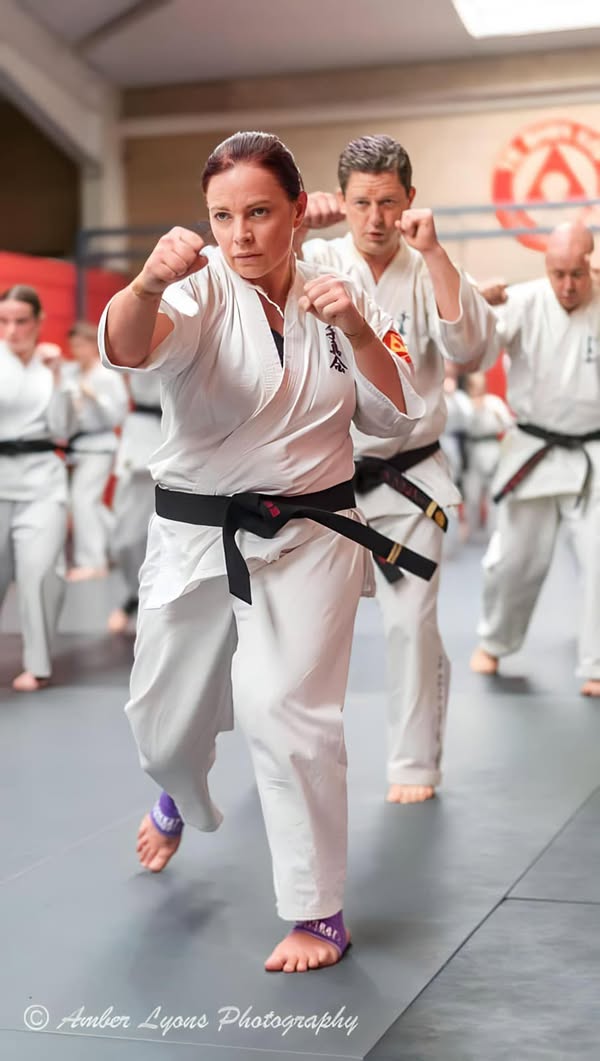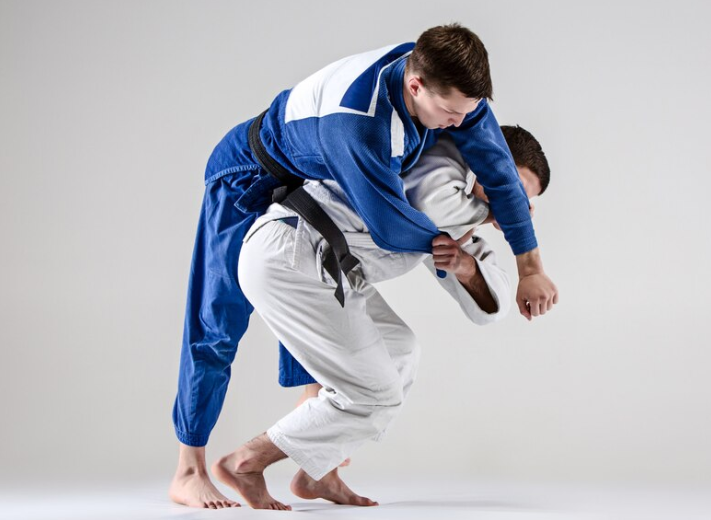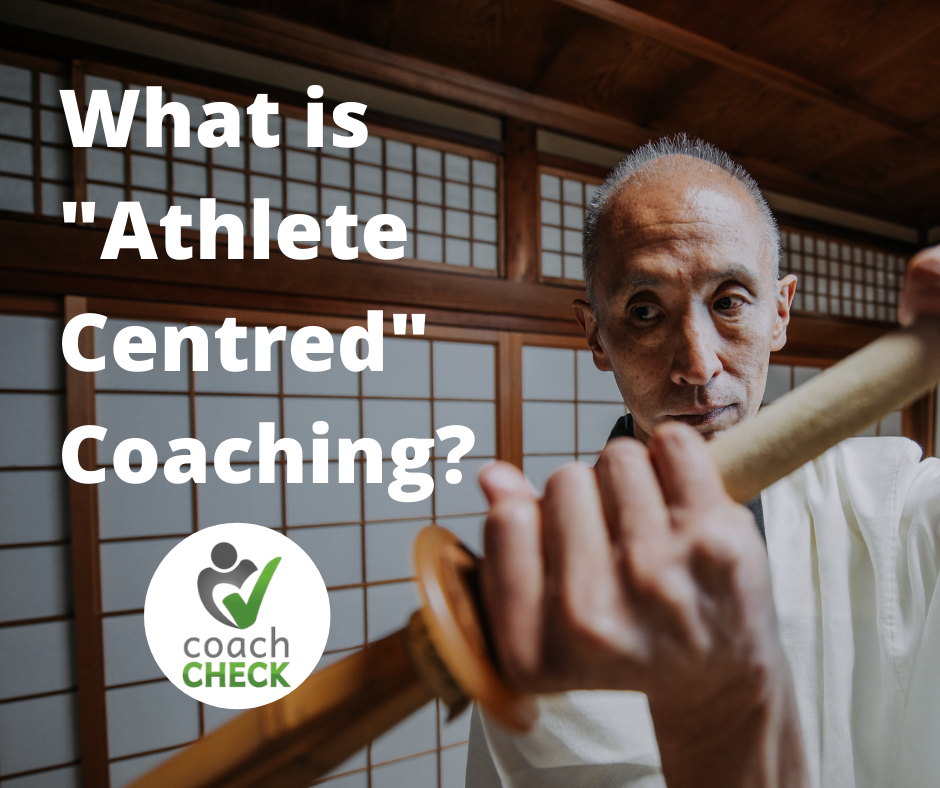Breath control is a fundamental aspect of martial arts, sport, exercise, and overall health. It serves as a bridge between the mind and body, enhancing physical performance, mental clarity, relaxation, and even spiritual connection. By mastering controlled breathing, we can improve our athletic ability, accelerate recovery, and optimize physiological function. In many traditions, proper breath control is also believed to aid in healing and maintaining overall well-being.
The Role of Breath Control in Oxygen Distribution
The ultimate purpose of breath control in any discipline is to ensure that oxygen is efficiently delivered to the muscles and organs through the alveoli in the lungs. This process enhances:
• Muscle recovery – Oxygenated blood allows muscles to repair and function more effectively.
• Mental clarity – Proper breathing improves focus, decision-making, and emotional control.
• Spiritual connection – Many traditions see breath as a pathway to deeper self-awareness and mindfulness.
Breathing deeply and correctly allows us to optimize these benefits, improving both performance and health.
Breath Control in Martial Arts
In martial arts, breath control is essential for generating power and maintaining endurance. Proper exhalation, particularly when executing a strike or throw, maximizes force while resetting the body’s physiology. This principle is demonstrated through the kiai—a forceful vocalized exhalation that not only enhances striking power but also clears the lungs of stale air, ensuring efficient oxygen exchange.
Ibuki – The Breath of Life
The Japanese term ibuki (息吹) translates to “breath” or “life force” and is central to martial arts breathing techniques. There are two primary forms of ibuki breathing, each serving distinct functions.
1. Yo-ibuki (Hard Breathing)
• A forceful, audible breathing technique that involves contracting all muscles in the body.
• Designed to absorb impact, increase oxygenation of the blood, and enhance resilience.
• Characterized by a long exhalation followed by a short, voiced inhalation.
• Used in kata such as Sanchin to develop internal strength and fortify the body.
2. Nogare (In-Ibuki) – Soft Breathing
• A slow, controlled breath that originates deep in the abdomen.
• Similar to breathing techniques in Yoga and Zen meditation, emphasizing relaxation and inner focus.
• Promotes deep oxygenation of the lungs, reducing stress and enhancing endurance.
• Reflects the natural way a baby breathes—deeply and from the stomach—before we “learn” shallow chest breathing as we age.
By returning to this “baby breath,” we maximize lung capacity, fully oxygenate the body, and cultivate both physical and mental balance.
The Broader Benefits of Deep Breathing
Beyond martial arts, controlled breathing plays a crucial role in various aspects of health and performance:
• A In sports - athletes use breath control to regulate heart rate, sustain effort, and improve endurance.
Inhaling through the nose and exhaling slowly through the mouth helps regulate an athlete’s training state. When an athlete feels the urge to gasp for air through the mouth, it signals a shift into an anaerobic state, which leads to rapid fatigue. By maintaining nasal inhalation, the body stays in an aerobic state, allowing for sustained endurance and optimal performance.
• In meditation and mindfulness – Deep breathing calms the nervous system, reducing stress and promoting mental clarity.
• In healing and recovery – Oxygen-rich blood supports cell regeneration and immune function.
• In daily life – Proper breathing can improve sleep, digestion, and overall well-being.
Breath control is not just a tool for athletic performance; it is a fundamental aspect of life itself. Whether in martial arts, sport, or meditation, the ability to regulate the breath leads to improved oxygenation, better health, and a deeper connection between mind and body. By mastering ibuki and embracing the natural rhythm of deep breathing, we can unlock greater strength, endurance, and inner peace.
In the words of ancient warriors and modern athletes alike: control your breath, and you control your body, mind, and spirit.



